962-7983-18423+
24/7 دعم
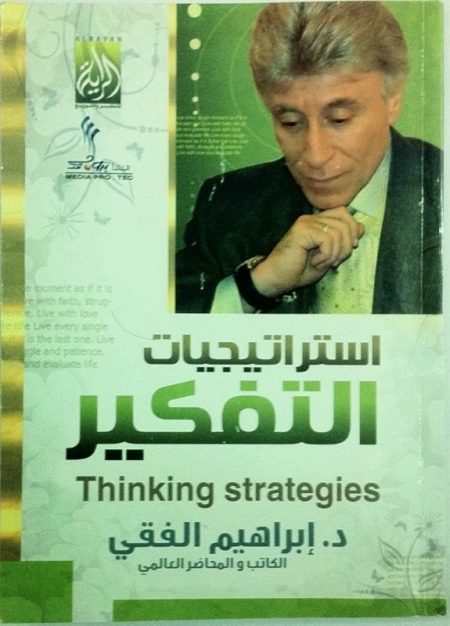
Demonstrates effective methods for developing positive thinking, achieving goals, and overcoming challenges through practical strategies that promote success and personal development.
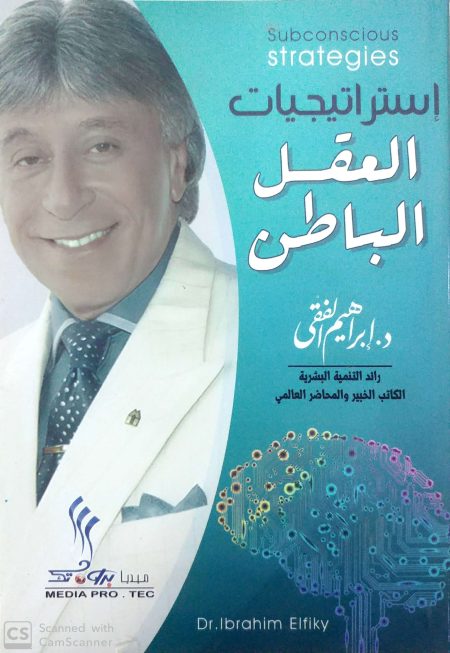
It is a book that explains how to use the power of the subconscious mind to achieve goals and improve your personal and professional life.

A book that provides practical advice and vital skills for successful negotiation, with a focus on building trust and effective influence in various situations.
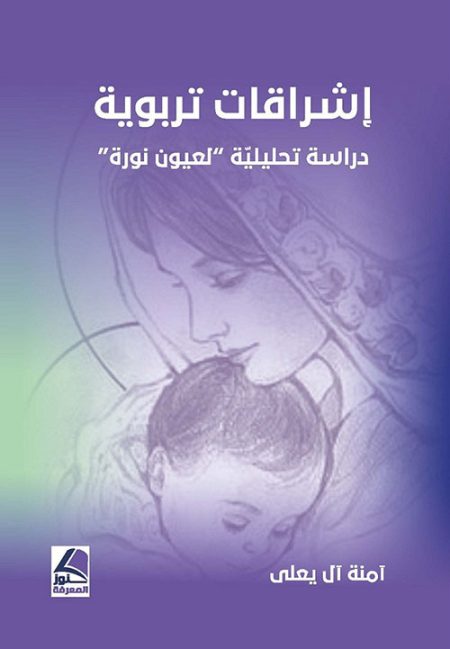
It is an analytical study of the novel “Noura’s Eyes,” presenting stories and dialogues that contain educational insights and guiding principles, directed at educators, parents, and mothers.
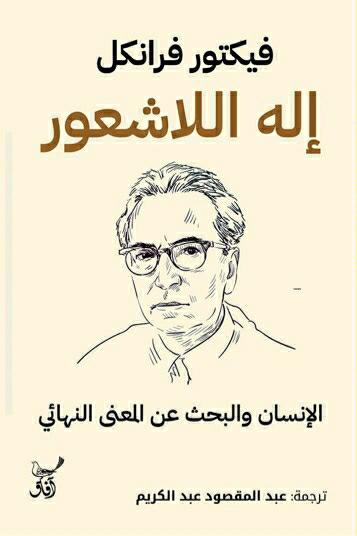
This book explores Viktor Frankl’s vision of logotherapy as a means of understanding life and confronting human suffering.
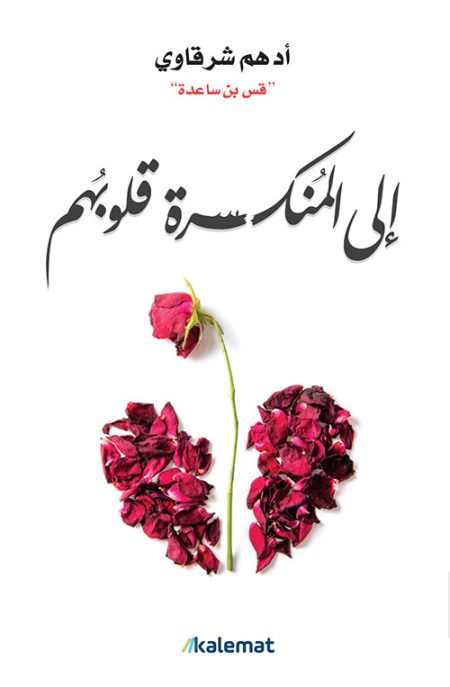
It is a book that explores moving human stories of pain, loss, and healing, and reflects how a wounded heart can find its way back to hope.
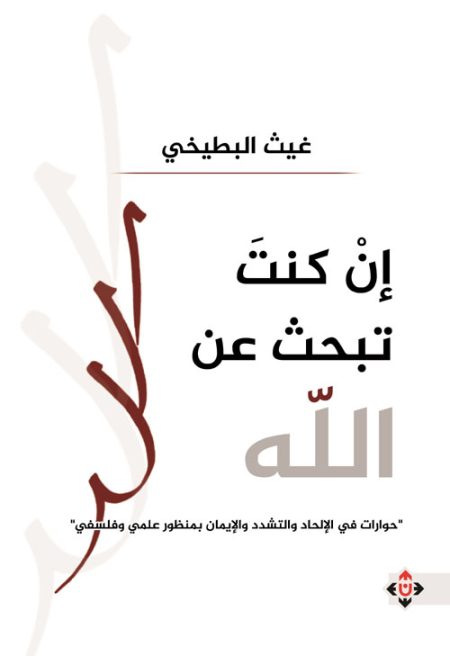
A book that discusses atheism, extremism and faith from a scientific and philosophical perspective through in-depth intellectual dialogues.
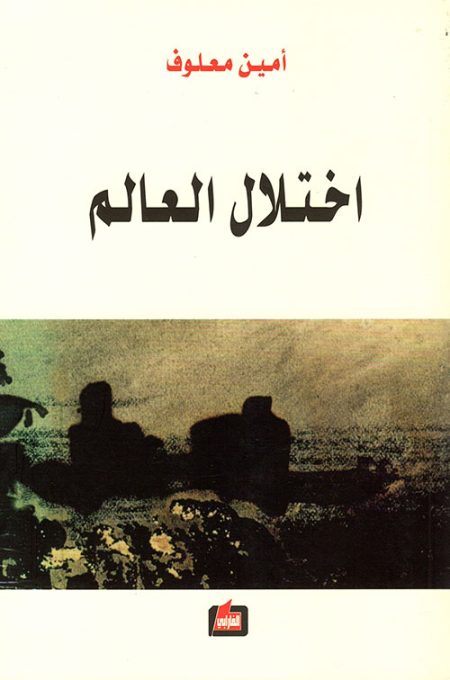
A book that explores the civilizational and ethical challenges of our contemporary world amidst the conflict of identities and the disruption of values.
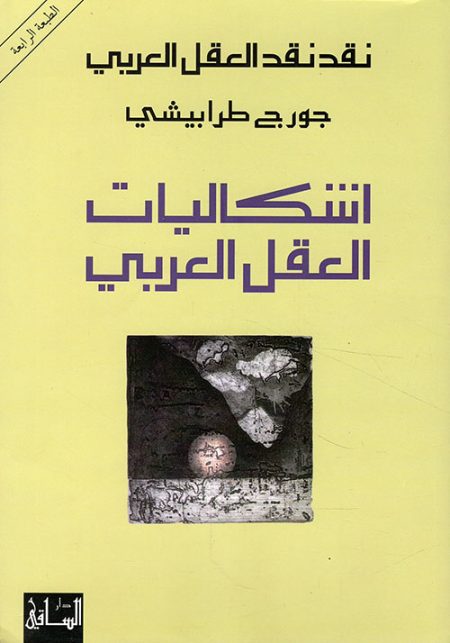
A book in which George Tarabishi discusses the structural crises in Arab thought and the mechanisms that hinder critical thinking.

Be the difference in your life, create a brand that reflects your values and dreams
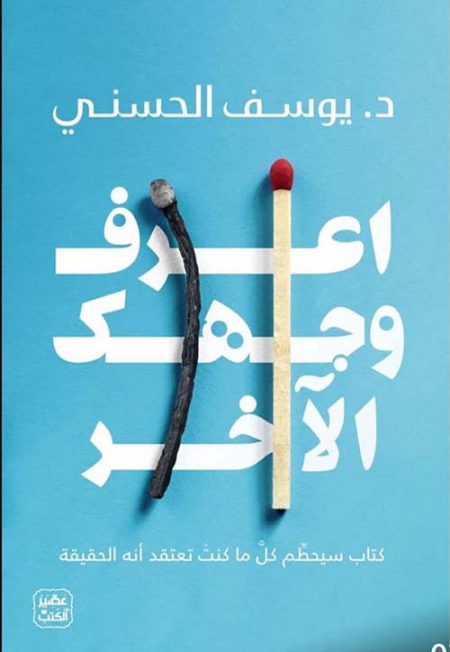
It’s a bold intellectual journey that reveals the secrets of the soul and reshapes your understanding of truth and self.
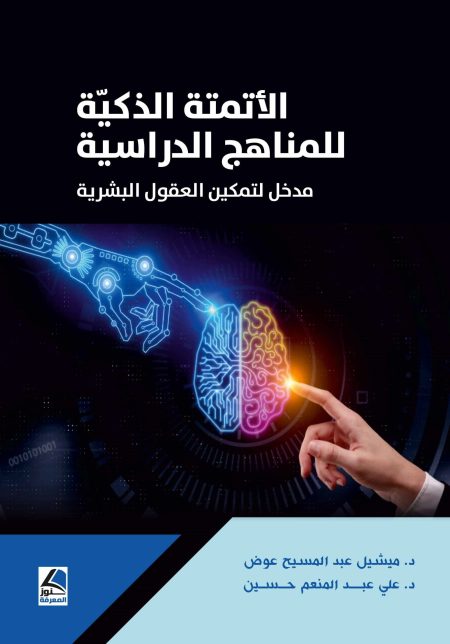
This book explores the integration of intelligent automation into curriculum development to enhance students’ higher-order thinking skills.
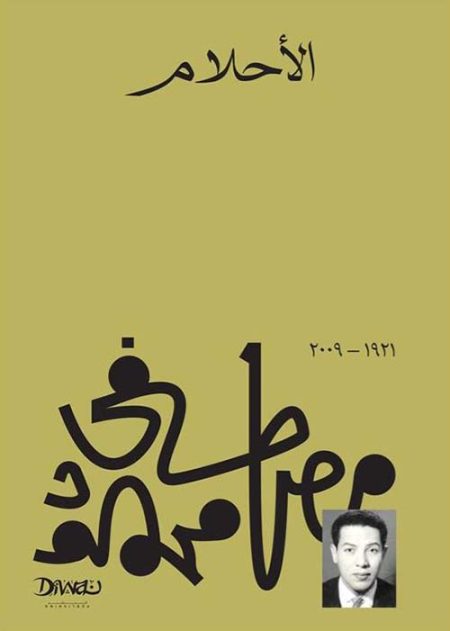
The Book of Dreams is one of the most famous books of Dr. Mustafa Mahmoud. It is an interesting and interesting book, which began with dreams and their interpretation from a purely philosophical point of view, with a scientific presentation characterized by ease, mastery and high quality.
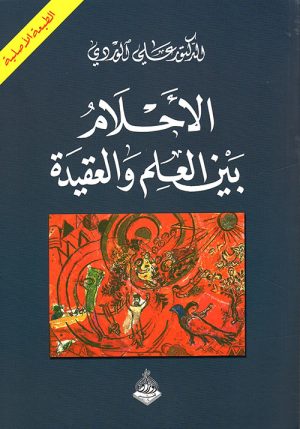
The book of dreams between science and belief is one of the works of the Iraqi researcher Dr. Ali Al-Wardi. The book discusses dreams in terms of their impact on people’s beliefs and customs and the theories that modern science has reached in this regard. The book consists of three sections, and these sections are in turn divided into several different chapters.
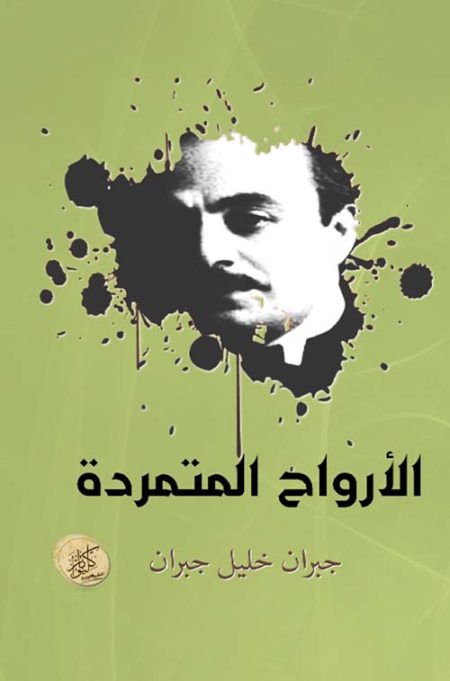
Gibran’s literary style was characterized by smooth words, simplicity of expression, the use of all linguistic formulas and styles, and the frequent use of metaphors and figures of speech. Perhaps the most important feature of Gibran’s literary works is creativity in the art of photography. We find many beautiful, imaginative artistic images full of deep meanings and expressions covering his literary works; because he was an artist and painter who initially depicted the idea and then created it. Gibran relied on two styles in his literary works: the first is characterized by strength and revolution against beliefs and customs and the call for freedom, and the second is characterized by the love of enjoying life and the call to follow inclinations
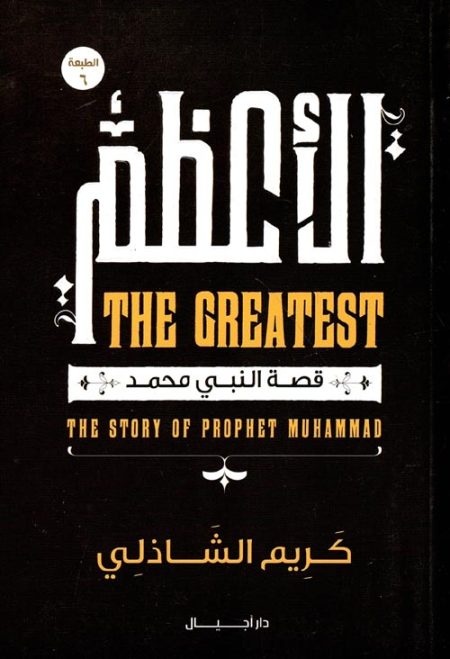
I decided to tell you about the Messenger in his struggle journey.